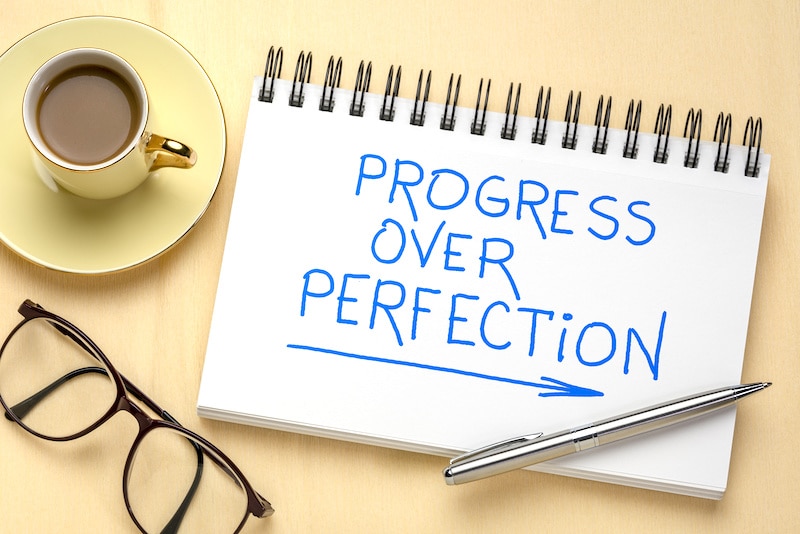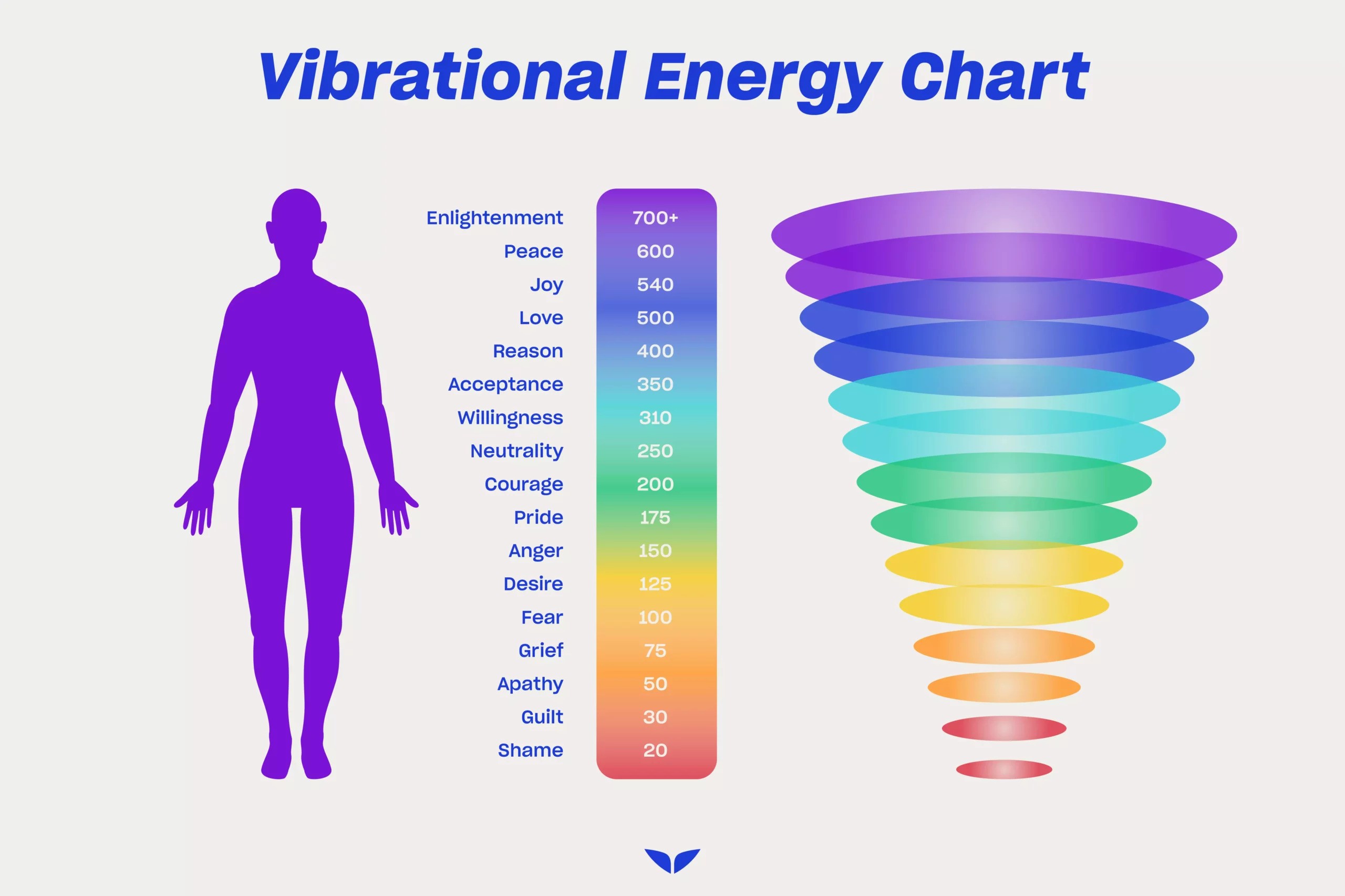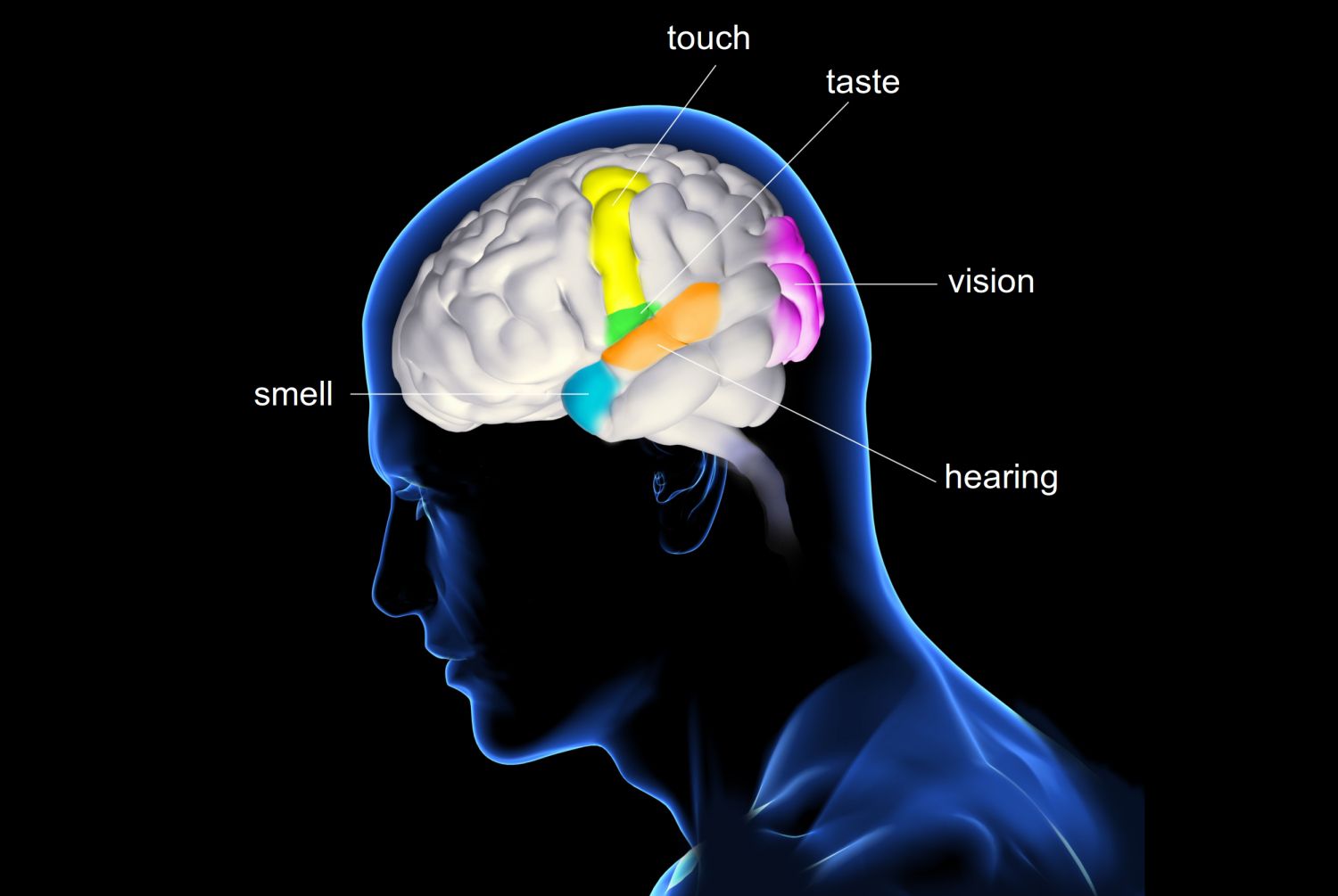How Do I Become A Better Person – Best 30 Tips
When it comes to self-improvement, it's natural to feel that you might be doing more. Being a better person, on the other hand, does not need to be too hard on oneself. In fact, it's the polar opposite.
The more self-kindness and self-compassion you can cultivate, the more equipped you will be to treat others in the same manner. Furthermore, doing good for others might give your life more purpose. It may even aid in the improvement of your physical and emotional well-being.
You will have to accept that becoming a better person is a process that will take a long time. There is no single point at which you will have it all figured out and have no space for improvement. Allowing oneself to be open to the process of change and growth aids in the development of flexibility, which is essential for continuously becoming the type of person you want to be in any setting.
How Do I Become A Better Person
Here are some ideas for incorporating self-improvement into your everyday routine and letting go of self-critical thoughts so that in the end to become a better person.
1. Let Go of Anger
We have all experienced fury at some point in our life. Anger that is out of control, on the other hand, can cause difficulties in our relationships and even our health.
All of this can cause additional stress and challenges, making life more difficult and preventing us from being our best selves. That is why it is critical to learn to control and finally let go of anger in order to grow as a person.
It's not always simple to let go of anger. However, learning to recognize anger and knowing what to do when you are furious in your life is the first step.
Recognizing anger is typically simple if you make an effort to realize when you're upset and choose to handle it rather than denying it or venting your frustrations on others. Concentrate on noticing when and why you're angry and remember that there's a difference between feeling angry and acting on it. Then you should be aware of your possibilities.
2. Compliment Yourself
Take a few minutes every morning before you begin your daily routine to give yourself a compliment. Giving yourself an emotional boost can be as simple as complimenting your wardrobe, haircut, or how you recently completed a task using your particular skill sets. And when you're satisfied with yourself, it's easy to spread that feeling to others. Tony Robbins, an inspirational speaker, has a mantra that he repeats to himself every day to help him achieve optimum performance.
3. Be Honest and Direct
How would you react if a family member or business partner lied to you? You'd probably consider that a betrayal of your trust. If you want to be a better person in your personal or professional life, you should always tell the truth and deliver your message as clearly as possible. Learn to speak openly and honestly about your thoughts, feelings, and ideas.
4. Listen to Others
"Listening to others and giving everyone a voice is one of the greatest things you can do." writes Jeet Banerjee on Lifehack. He goes on to say that he "Because I took the time to listen to individuals, I was able to meet some of the most remarkable people, close some of the biggest deals, and form lifelong friendships. Being a good listener can have a favorable impact on your life."
5. Always Be Polite
How difficult is it to say "thank you" or hold the elevator door open for someone? There isn't much. These acts of kindness, on the other hand, can brighten someone's day. A few years ago, I concluded that it didn't matter if someone was really unpleasant, condescending, or worse. The way someone else acts will have no bearing on how I act.
6. Take Care of Yourself
You may not always have control over the situations you find yourself in. However, you have power over how well you care for yourself, which can have an impact on your stress levels and allow you to grow as a person while you confront life's obstacles.
For a variety of reasons, self-care is essential for building resilience when faced with inescapable pressures.
When you're exhausted, hungry, or otherwise run-down, you're more likely to react negatively to the stress in your life. By reacting inappropriately rather than responding from a position of calm inner power, you may wind up causing yourself more issues.
7. Learn to Be User-Friendly
Our relationships can provide a safe haven from stress while also assisting us in becoming better individuals. When a dispute is inadequately resolved or allowed to fester, it can be a substantial source of stress. The beauty of this is that doing the work required to become a better friend, lover, or family member can also lead to personal growth.
Learn conflict resolution skills to better your relationships and yourself. Being a good listener, understanding the other side of a quarrel, and anger management strategies are among them.
8. Think Before You Speak
Words have a great deal of power. Consider the first moment your significant other expressed his or her love for you. What a fantastic feeling that was. Words, on the other hand, can be harmful. Have you ever made an offensive joke or referred to someone as a bleeping-bleep? After that, you were probably pretty miserable.
Always pause for a few seconds to consider the impact of your words before speaking them aloud.
9. Be Grateful
Those who keep gratitude notebooks, according to the study, are more hopeful and satisfied with their life. Additionally, those who talk about thankfulness is less envious of those who have more money, are more eager to help others, and are less likely to develop health problems like coronary artery disease.
10. Address Your Weaknesses
At the same time, you must be mindful of your shortcomings. It's yet another way for us to develop as individuals. Take the time to write down your flaws and set goals to improve them.
I'm a difficult person to deal with. This is something I'm aware of. Learn to admit and address your flaws, and then work on improving them.
11. Be Curious
Curiosity can help enhance relationships, keep your brain busy, reduce anxiety, keep you happy, and help you learn—even uninteresting subjects, according to evidence presented by The Huffington Post.
12. Don’t Be Impatient
We become irritated when we are impatient, and we may do something we may later regret. Consider how you would feel if you yelled at your child or a coworker because you were rushing to get out the door or finish an assignment. You'll make better decisions and feel better about yourself every day if you practice patience.
13. Be Yourself
You'll be more focused, acquire courage, construct your own personality, and be able to identify your values and convictions if you're authentic.
14. Stop Pointing Fingers
“When you point one finger, there are three fingers pointing back to you,” a primary school teacher once told the pupils. We all have challenges in life, but you can't let them hold you back or prevent you from progressing as a person.
In the words of Jack Canfield, author, and motivational speaker:
“Remember, you and you alone are responsible for maintaining your energy. Give up blaming, complaining, and excuse-making, and keep taking action in the direction of your goals—however mundane or lofty they may be.”
15. Admit when you are wrong and apologize
When we apologize, we demonstrate empathy for the individual who has been wronged. We accept responsibility for our errors. We demonstrate humility and compassion for those we have wronged when we sincerely endeavor to make amends. This has the power to disarm individuals we've wronged and heal their emotional scars, but it can also aid our own healing. It's impossible to go forward after making a mistake unless we accept it for ourselves and others.
We may reconnect and move forward by apologizing. When someone apologizes to us, it allows us to see them as flawed yet vulnerable individuals, and it reminds us that we are all human and make errors.
16. Be a good listener
One of the most beneficial things you can do for another person and for yourself is to listen to them carefully and with an open mind. It communicates to the speaker that you regard their viewpoint. It permits you to form stronger bonds with individuals and hear viewpoints that you might otherwise disregard.
We should endeavor to listen actively to everyone in our environment, not only those we want to impress. Being a good listener can improve your life by developing deeper relationships and exposing us to concepts, ideas, and worldviews that are different from our own.
17. Set goals for yourself
Goals provide us with direction and a method to track our development. We are more likely to stay on course if we have goals. Begin by writing down your objectives. Those who write down their objectives and dreams have a better chance of achieving them.
What are your professional and personal objectives? In five years, where do you see yourself? What will it be like in ten years? So, what kind of person would you like to be? Frame these objectives in a positive light, as something you will achieve rather than something you will abandon.
18. Live with integrity
Personal integrity is important to who we are and what we believe in. Integrity is an element of our moral basis, which includes the ideals and beliefs that we cherish. Integrity is your personal compass, and it will determine who you become in the long run.
Living with integrity entails adhering to your values. It simply means that your actions mirror your inner beliefs and values. It entails making the appropriate decisions to live up to your expectations. Make sure you understand what integrity means to you and how your decisions are in line with your values and life vision.
19. Enjoy the journey
Keep in mind that this is a continuing adventure. Our behaviors, such as how we live and how we spend our time, add up. Recognize that life isn't always a straight path. We sometimes have to go backward in order to go forward. We must learn to appreciate what we have and be grateful for everything life has given us along the road.
20. Act Locally
Supporting a local cause, donating clothes, or shopping at local farmers' markets or shops may not seem like a huge issue, but these are all small ways you can help your community. You might not be able to save the planet, but you might be able to make a difference in your own backyard. Get to know and care for the people in your neighborhood.
21. Be Open to Change
You should constantly be open to change, whether it's trying a new restaurant, traveling to a new region of the world, or attempting something that has always worried you. This permits you to grow since you are exposed to new things. If you are not afraid of change, it enables you to be high functioning and self-assured.
22. Eat at least one meal mindfully
It's tempting to speed through your meal without listening to your body when you're in the thick of a stressful day.
Mindful eating allows you to pay attention to both your physical and emotional states.
Choose a meal, even if it's just a sandwich, and savor it slowly. Take note of the various flavors and textures. Roantree explains, "It's a form of micro meditation that can function as a simple 'de-stressor.'"
23. Surprise People
What does it feel like to make someone happy? Isn't it a nice feeling? Surprise your family or coworkers with a present, a night out on the town, or by offering assistance when you know they need it.
It takes time to become a better person, but it is achievable. Believe in yourself and know that you can achieve your goals!
24. Find a role model
Having a role model motivates us and provides us with a vision of who we can become. Oprah Winfrey, who has done so much in the field of self-help; Chadwick Boseman, who tirelessly spoke up for the black community even up until his death; and John Christopher, a master herbalist who healed people using natural remedies and dedicated himself to educating and healing people, are just a few of the people who inspire me. What qualities do you admire in your role model(s), and what do you admire in them?
25. Be Encouraging
Encourage your buddies when they tell you about their problems. When they tell you about their goals, be encouraging.
26. Be a Leader
A leader is someone who has the ability to bring out the best in others, inspire others to be more than they are, energize people into action, and guide a group toward a common goal. Leadership does not begin when you lead a group of people, contrary to popular belief; it begins in our daily lives, with how we behave ourselves and how we live our lives.
27. Read more books
Reading books not only allows you to learn about and understand other people's experiences, lives, and worldviews, but it also fosters and increases empathy, according to scientists. Empathy allows us to better understand individuals who are different from us and to feel sympathy for them, making us more willing to participate, assist others, love and support others, and do good.
28. Acceptance
How we treat others is frequently a reflection of how we treat ourselves. It becomes simpler to accept others when we learn to accept things about ourselves and our circumstances. Acceptance, like forgiveness, does not imply approval. It simply means that we should not struggle or resist what is, whether it is ourselves or others. Acceptance entails not only being aware of facts but also being at peace with them, even those we wish to change or dislike.
Acceptance entails a refusal to strive to alter people. Accepting them for who they are. It can be difficult to comprehend why certain people believe, say, and act the way they do.
29. Stop be a people-pleasing and be genuine
It's not sincere when you try to please folks, and people can tell because they can feel it. It is not beneficial to anyone. The individual on the receiving end feels uneasy and as though the other person is acting out of compulsion.
Have you ever encountered someone who was extremely courteous to you yet disrespectful to their coworkers and wait staff? Or were they always congratulating you but saying nasty things about everyone else? Or did they shower you with gifts and ‘love' solely to gain something from you or to manipulate you? This is a similar situation, and these people may be people pleasers. They only care if everyone likes them if it benefits them.
30. Develop abundance mindset
There is always enough when you have an abundant mindset. There is never a shortage of time, money, love, or resources. People who operate from a place of abundance are more likely to offer and share with others.
People with a scarcity mindset, on the other hand, are motivated by fear because they believe there is never enough, thus they will tend to cling on to things tightly, be less willing to share and offer, hoard, and be excruciatingly thrifty.
People with an abundant mindset operate from a place of love and joy, whereas those with a scarcity mindset operate from a place of fear.
The bottom line
It's natural to grow obsessed with becoming the finest version of oneself. Being a better person, on the other hand, begins with treating yourself with the same loving care with which you treat others.
This entails not being too hard on yourself when you fall short of your goals and treating yourself with tolerance and compassion when you're having a poor day.
Keep in mind that there are several ways to improve oneself, and the suggestions made here are just a few of them. Find out what makes you happy and nurturing, and attempt to include it into your everyday routine. Keep in mind the journey to become a better person is a long way but it will be worth it.



